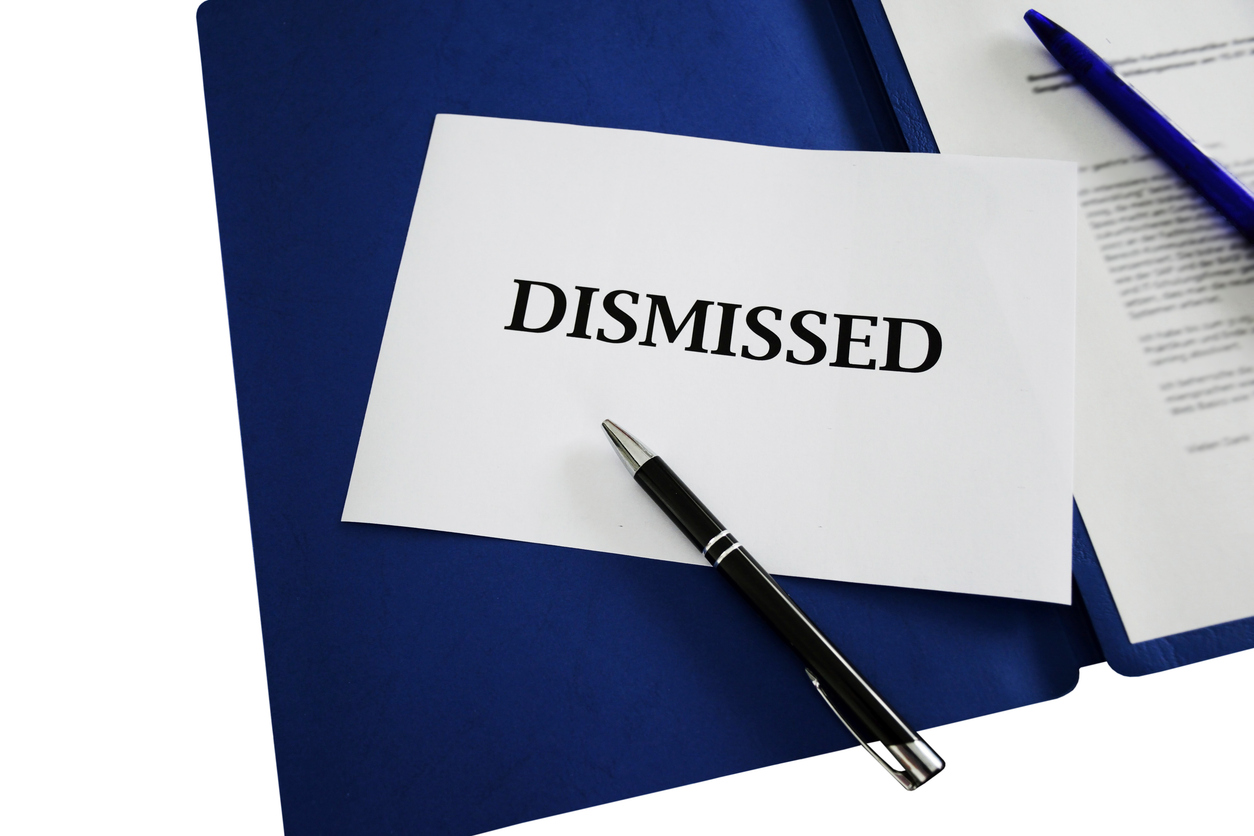In the last week, two Florida cases have been released which discuss prejudgment interest.
In Sunshine State Insurance Co. v. Davide, 34 Fla. L. Weekly D1422a (Fla. 3d DCA 2009), Florida’s Third District Court of Appeal held that when an insurer erroneously withholds a portion of a payment due, the insured is entitled to prejudgment interest on the amount not timely paid from the date the payment became due under the policy, not from the date the property was damaged. As I will explain at the end of the case summary, this case applies only to pre-2007 claims. On July 11, 2007, consumer friendly legislation took effect which would have provided Davide with a statutory right to interest from the date Sunshine received notice of the claim.
In the summer and early fall of 2005, Arthur Davide’s home was damaged by Hurricanes Katrina and Wilma. Davide filed a claim with his insurer, Sunshine State Insurance Company, a dispute arose regarding the amount to be paid for damage to Davide’s roof, and the parties went to appraisal. More than one year after Wilma, the appraisers awarded David $246,491.94, with the caveat:
"This appraisal award is in total, and money previously paid by the carrier to its insured on the subject claim, if any, should be deducted from this award. This appraisal award is subject to the terms and conditions of the policy of insurance (e.g., deductible) and the laws of the State of Florida."
Claiming to be unsure as to whether this language meant that the appraisal award had already taken into account a deduction for depreciation or whether this language authorized Sunshine to take such a deduction, Sunshine asked the umpire many times for clarification. Twenty six days later, without an answer from the umpire, Sunshine paid the award minus an amount it attributed to depreciation. Three months later, Davide brought suit to confirm the appraisal award. That same day, Davide’s counsel obtained a letter from the umpire which confirmed David’s position that the award was an actual cash value award which took depreciation into account. David told Sunshine on March 8, 2007, and the amount previously withheld by Sunshine was paid to Davide on April 4, 2007.
Davide sought an award of pre-judgment interest on the amount held back from the date on which his home was damaged rather than within the time frame authorized by the policy (within sixty days of the filing of an appraisal award). The trial court gave it to him; the Third District Court of Appeal reversed.
Basically, the Third District held the parties to the terms of the policy. The policy stated that Sunshine was not obligated to pay a covered claim until sixty days after the filing of an appraisal award. Relying on substantial precedent, the Court noted that prejudgment interest should be computed from the date payment of a covered claim is due. Therefore, Davide was entitled to pre-judgment interest on the portion of the appraisal award not timely paid within sixty days of the filing of the appraisal award with Sunshine.
As noted above, Davide would have faired better if the hurricanes occurred in 2007 rather than 2005. Florida Statute 627.70131, which was effective on July 11, 2007, provides:
§ 627.70131. Insurer’s duty to acknowledge communications regarding claims; investigation
(5) (a) Within 90 days after an insurer receives notice of a property insurance claim from a policyholder, the insurer shall pay or deny such claim or a portion of the claim unless the failure to pay such claim or a portion of the claim is caused by factors beyond the control of the insurer which reasonably prevent such payment. Any payment of a claim or portion of a claim paid 90 days after the insurer receives notice of the claim, or paid more than 15 days after there are no longer factors beyond the control of the insurer which reasonably prevented such payment, whichever is later, shall bear interest at the rate set forth in s. 55.03. Interest begins to accrue from the date the insurer receives notice of the claim. The provisions of this subsection may not be waived, voided, or nullified by the terms of the insurance policy. If there is a right to prejudgment interest, the insured shall select whether to receive prejudgment interest or interest under this subsection. Interest is payable when the claim or portion of the claim is paid. Failure to comply with this subsection constitutes a violation of this code. However, failure to comply with this subsection shall not form the sole basis for a private cause of action.
(b) Notwithstanding subsection (4), for purposes of this subsection, the term "claim" means any of the following:
1. A claim under an insurance policy providing residential coverage as defined in s. 627.4025(1);
2. A claim for structural or contents coverage under a commercial property insurance policy if the insured structure is 10,000 square feet or less; or
3. A claim for contents coverage under a commercial tenants policy if the insured premises is 10,000 square feet or less.
Had this Statute been in effect at the time Davide suffered his loss, he would have been entitled to a year and a half of interest, not just a few months.
Jablonski v. St. Paul Fire and Marine Insurance Co., No. 07-386-CIV, 2009 U.S. Dist. LEXIS 59401 (M.D. Fla. July 13, 2009), has a great discussion of prejudgment interest in Florida, but most interesting is how the United States District Court decided that Jablonski was not entitled to prejudgment interest on his bad faith claim. The difficulty with the issue in this case, was that there was no factual finding as to when the (bad faith) loss occurred. Indeed, Jablonski could not even pinpoint a specific date. Noting that "[p]rejudgment interest is generally not awarded in tort cases, because damages are generally too speculative to liquidate before final judgment," the Court found that, based on the record before it, it could not award prejudgment interest:
"Jablonski’s entitlement to payment of the loss caused by Hurricane Charley pursuant to the terms of the insurance contract entered into by and between him and St. Paul was a property right that vested at the time St. Paul’s obligation to pay the loss ripened, as discussed above. Jablonski’s statutory bad-faith claim, however, is more readily characterized as a tort claim than a claim involving property damage. Moreover, beside the fact that the value of Jablonski’s claim was not readily ascertainable until the jury rendered its verdict in this case, even now there is no way to pinpoint the specific time at which its value would have been ascertainable. Cf. Underhill Fancy Veal, 677 So. 2d at 1380. In theory, Jablonski could have asked the jury to determine a date on which his loss became ascertainable. In the absence of such a factual finding, it is inappropriate for this Court to substitute its own best estimate as to what that date might be."
The Court did not preclude the possibility of prejudgment interest in every case, it just denied it in this case. It is important to note that this is merely a trial court decision, not an appellate court decision.



